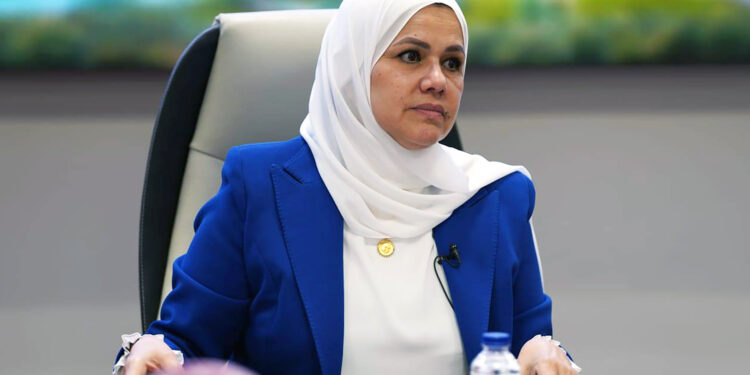Egypt’s tax collection system has gotten a major tech upgrade as the Egyptian Tax Authority creates a specialized team to bring artificial intelligence into daily operations, moving the country closer to its Vision 2030 digital goals.
The Egyptian Tax Authority (ETA) recently announced the formation of a dedicated AI task force to integrate artificial intelligence technologies into the nation’s tax system. Rasha Abdel Aal, head of the ETA, made the announcement as part of Egypt’s digital transformation strategy.
Egyptian Tax Authority Builds AI Foundation Through University Partnerships
The AI initiative grew from the ETA’s participation in the IEEE Computer Society AI Caravan 2025, a program that ran from April to July 2025 under the Ministry of Communications and Information Technology. The program included workshops and lectures at major universities including the American University in Cairo, German University in Cairo, Coventry University, and Nile University.
During this program, ETA representatives presented pilot project proposals showing how AI could tackle operational challenges facing the authority, taxpayers, and staff members. Several proposals received approval and will move into implementation with strict adherence to international data security standards.
AI Task Force Targets Tax System Efficiency and Service Delivery
The newly formed task force will focus on multiple areas of improvement. According to Abdel Aal, the team will work on intelligent analytics, predictive modeling, real-time service delivery, and advanced compliance systems.
The initiative addresses core problems in tax administration including service delays, compliance tracking difficulties, data analysis inefficiencies, and internal workflow bottlenecks. The authority plans to collaborate with both public and private sector partners to ensure secure and scalable AI integration.
Egypt Vision 2030 Drives Digital Tax Transformation Strategy
Finance Minister Ahmed Kojak’s directives support this AI integration as part of Egypt’s Vision 2030 digital transformation agenda. The country’s strategic plan calls for transforming Egypt into a global digital hub and enhancing digital transformation systems for electronic tax collection.
Egypt’s tax revenues reached approximately 1.483 trillion pounds in fiscal year 2023/2024, showing a 30% growth rate compared to the previous year. Income tax specifically grew by 36%, while value-added tax increased by 23%.
Tax Revenue Growth Shows Digital Strategy Success
The substantial revenue increases demonstrate the effectiveness of Egypt’s digital tax initiatives. Strong taxpayer engagement following recent tax facilitation measures contributed to the 36% revenue jump in 2024. The government expects continued growth in the current fiscal year 2025/2026, which began July 1, 2025.
Projections show income tax revenues rising 22.9% year-on-year to EGP 1.44 trillion, supported by collections from wages, salaries, treasury bills, bonds, and business profits. Value-added tax on goods and services is forecast to increase 20.8% to EGP 967.9 billion, reflecting the expansion of electronic tax systems and decline in manual processes.
Data Security and International Standards Guide AI Implementation
The ETA emphasizes maintaining the highest standards of data security and confidentiality throughout the AI integration process. Abdel Aal stressed that all approved pilot projects will follow international standards for data protection while implementing AI solutions.
This approach reflects global trends in tax administration digitalization. According to OECD data, more than 70% of tax administrations worldwide now use artificial intelligence to enhance effectiveness and efficiency in their operations.
Future Implementation Timeline and Expected Impact
The ETA plans to begin implementing approved AI pilot projects in the upcoming phase, with the task force serving as the foundation for embedding AI applications throughout the tax system. The authority expects the technology to deliver tangible returns for taxpayers through improved service quality and faster processing times.
This represents the first phase in a series of technological initiatives intended to strengthen institutional capacity, promote transparency, and deliver smarter, more secure services to Egyptian taxpayers. The success of these initial projects will likely determine the pace and scope of future AI expansion within Egypt’s tax administration system.














